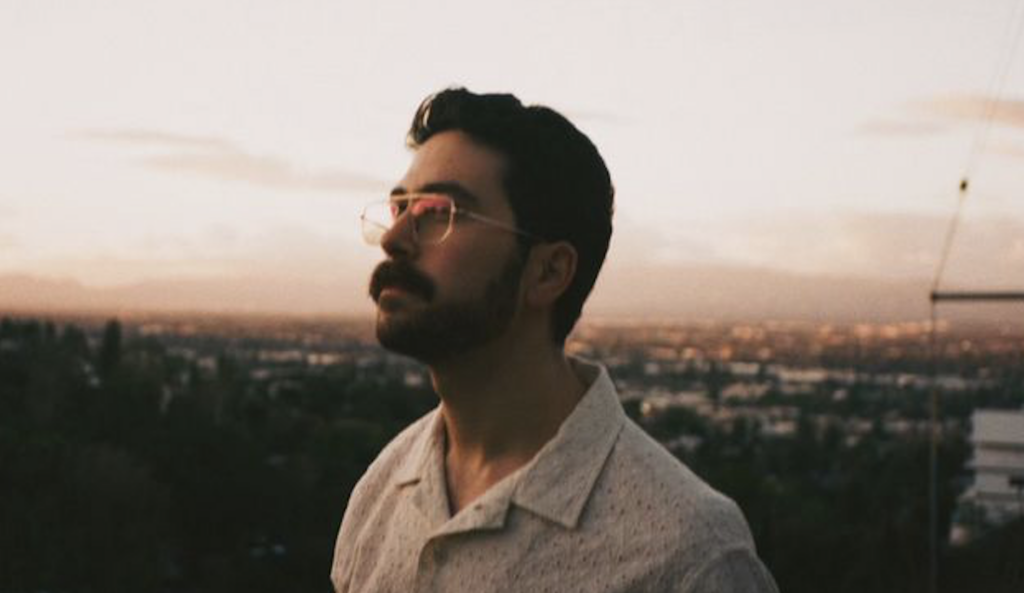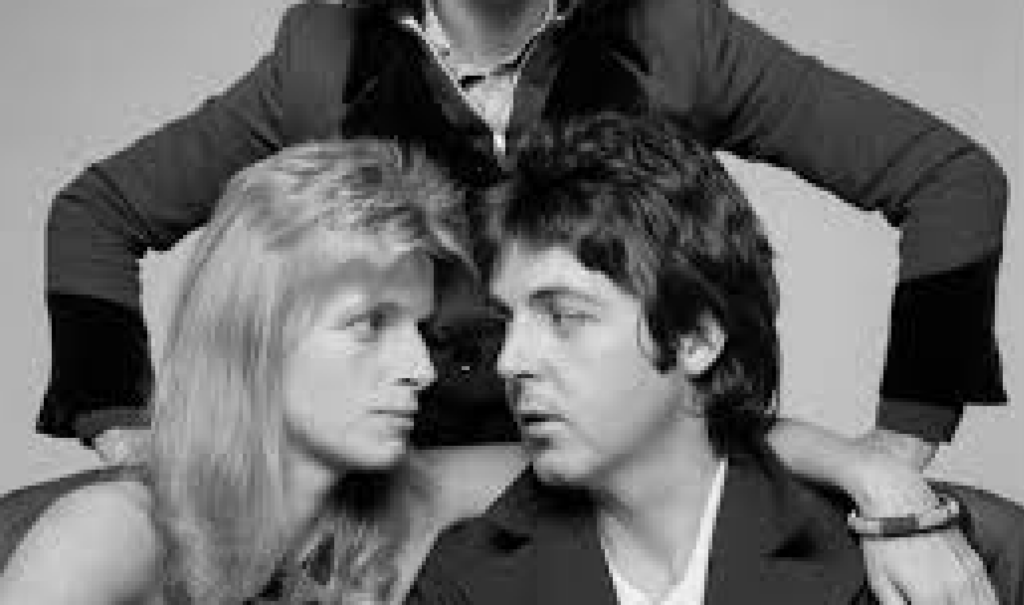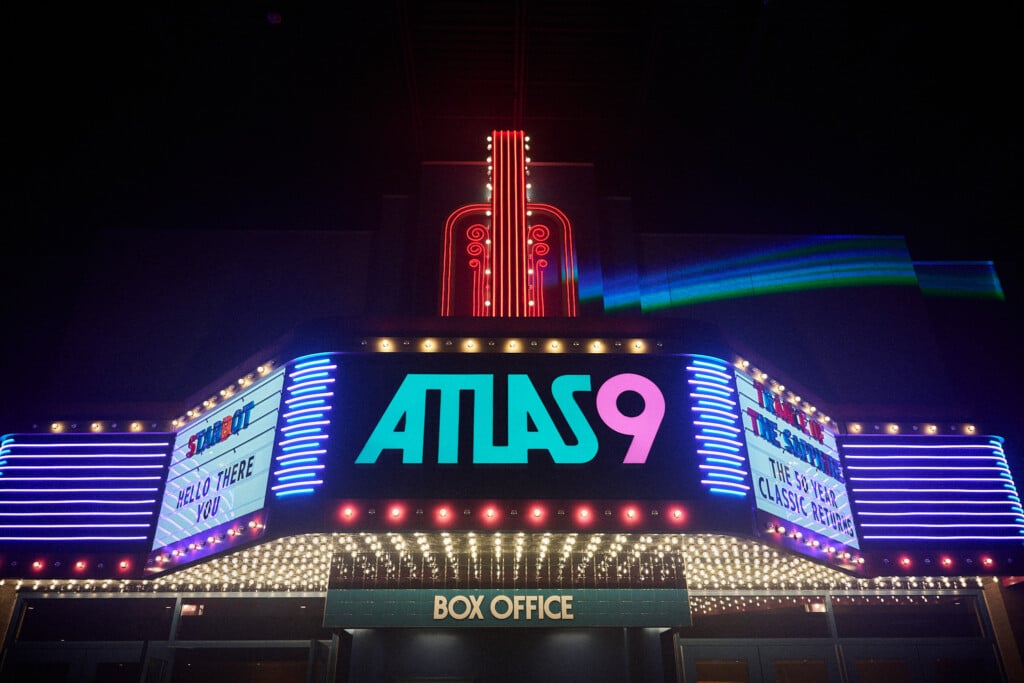Arcadian’s Jaeden Martell and Maxwell Jenkins on post-apocalyptic adolescence and working with Nicolas Cage
Jaeden Martell and Maxwell Jenkins are no strangers to playing children (and now teenagers) growing up in harrowing settings. Martell’s star has been on the rise since his feature debut in 2014’s St. Vincent. Since then he’s been burdened with mysterious abilities in Midnight Special, terrorized by a killer clown in It and charged with murder in Defending Jacob. Jenkins’ biggest credit to date is starring in Netflix’s Lost in Space reboot as Will Robinson, where he befriended robots and tried to survive on an alien planet alongside his family.
In the new film Arcadian, out this weekend, Martell and Jenkins play brothers Thomas and Joseph, who live a post-apocalyptic existence with their dad Paul (Nicolas Cage). The pair experience all the emotions you might expect from pubescent boys—rivalries, first crushes, familial resentment — while also trying to protect themselves from the terrifying beasts that stalk the land by night (if you ever wondered what Hellraiser’s Chatterer might look like crossed with an archaeologically accurate velociraptor, here’s your chance).
Is it hard for these two to find themselves in roles that are often far removed from their everyday experience? And what is it about horror and science fiction that appeals to them as actors? Martell and Jenkins answered these questions and more for us ahead of the film’s release.
Abby Olcese, The Pitch: You’ve both had a lot of experience playing young people coming of age in extraordinary circumstances, and here I think you both really sell the experience of teenage boys growing up in a post-apocalyptic setting. How did you bring authenticity to those performances?
Jaeden Martell: I think what really helps is the relationships that they have. Particularly with this, it was all about finding friendship and camaraderie and brotherhood between these two characters. The whole point of it is even in insane circumstances, we find a way. We all got used to isolation during COVID. The things that matter are these personal issues. What mattered to my character (Joseph) was that my brother (Thomas) wasn’t following the rules. For Maxwell’s character it was finding a girl and finding freedom.
Maxwell Jenkins: I kind of like what you said, focusing on relationships and what makes these people human. Everything else you can accept as their reality. It also really covers your relationships with your scene partners. If you accept the other people you’re working off of and those dynamics, everything else becomes reality. Lost in Space was five years of my life and the people on that show became my family. By the end of that, you’re really focused on your relationships onscreen and offscreen.
What are some of the experiences in this movie that to you feel like heightened versions of things teenagers and young adults actually experience in their real lives? Why does it matter to you that those things exist in the film?
Jenkins: There’s my character’s crush on Charlotte (Sadie Soverall), and lying to his dad to stay out a little later, but this time instead of getting grounded, you die. I think there’s also little stuff in there that matters, too. When I’m in Charlotte’s room looking at all of her toys, there’s this awkward moment where you know what’s coming next, and you have to make conversation.
In that scene, when I look at myself in the mirror, that’s kind of a heightened version of teen self-consciousness to me. That’s really Thomas’ first time looking in a mirror. Otherwise, he’s probably just been cutting his own hair and not looking, which is why it looks so patchy. Mostly my character’s just seen his reflection in a dirty cracked mirror or a body of water. That’s a moment where I’m allowing myself to be the most vulnerable. I live with two other men in an abandoned house. That’s the closest we have to civilization.
Martell: There’s a moment where Joseph learns to drive a car that he built with his bare hands. He had to learn how to drive it with his dad and his brother plunked in the back seat. There are all these things that reflect that yearning for freedom, and he doesn’t want to hide anymore. He wants to see the world and know it.
What do you think of the growing appeal of science fiction and survival horror stories like Arcadian? Why are audiences drawn to this genre?
Jenkins: I really love the sci-fi genre. I’ve grown up loving that, going to comic-cons, the Heroes and Villains Con, C2E2. That was my world even before I got into acting. A large reason for that is that sci-fi allows you to talk about a lot of what we experience in daily life that makes us uncomfortable, but you can dress it up and disguise it behind creatures, aliens and laser beams. I grew up on Star Trek and that show did so much for inclusivity on camera, and the cast members that make that show what it is are revolutionary. They had real life experiences that they brought, and it changed the face of the genre. Sci-fi allows you to show those topics to an audience and it doesn’t seem like you’re being preached at.






